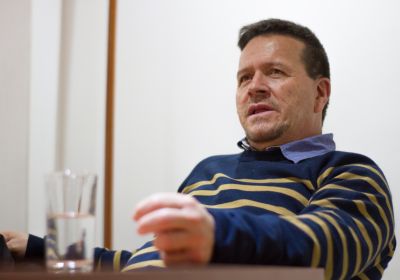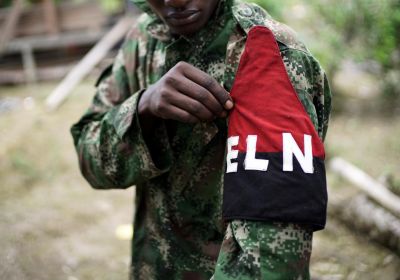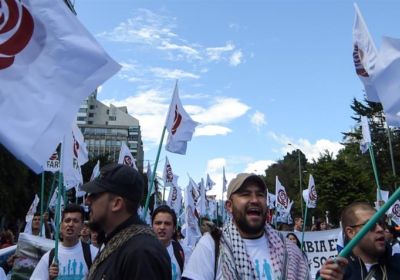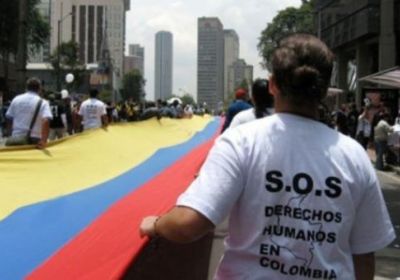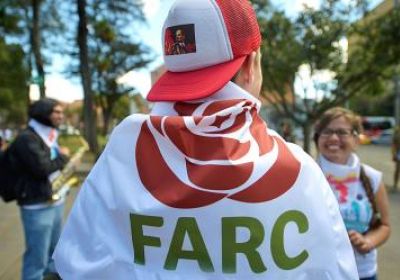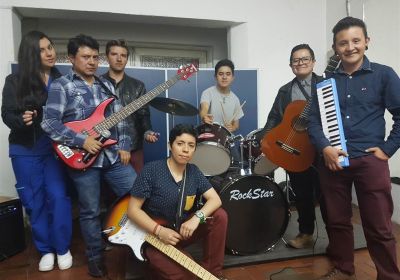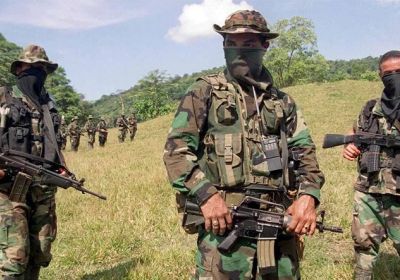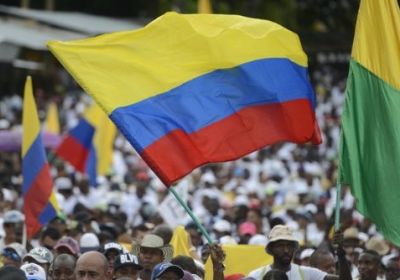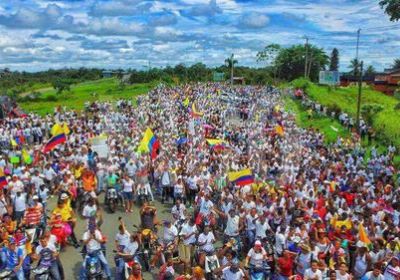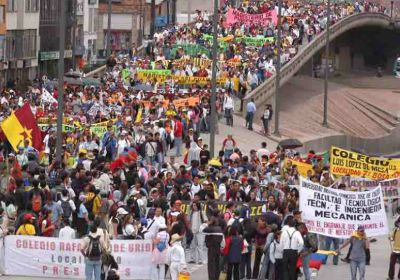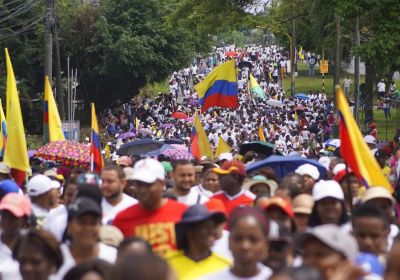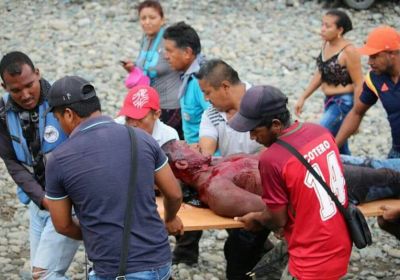
The Colombian National Police massacred between 8 and 16 people, and wounded more than 50, in the municipality of Tumaco, Narino on October 5. The attack was directed against protesting coca growing families demanding the government fulfil its commitments to voluntary eradication programs.
Then, on October 8, the National Police attacked an international team sent to investigate the massacre. The police used tear gas and stun grenades to disperse representatives from the United Nations, the Organization of American States, and a journalist from the Colombian weekly, Semana.
